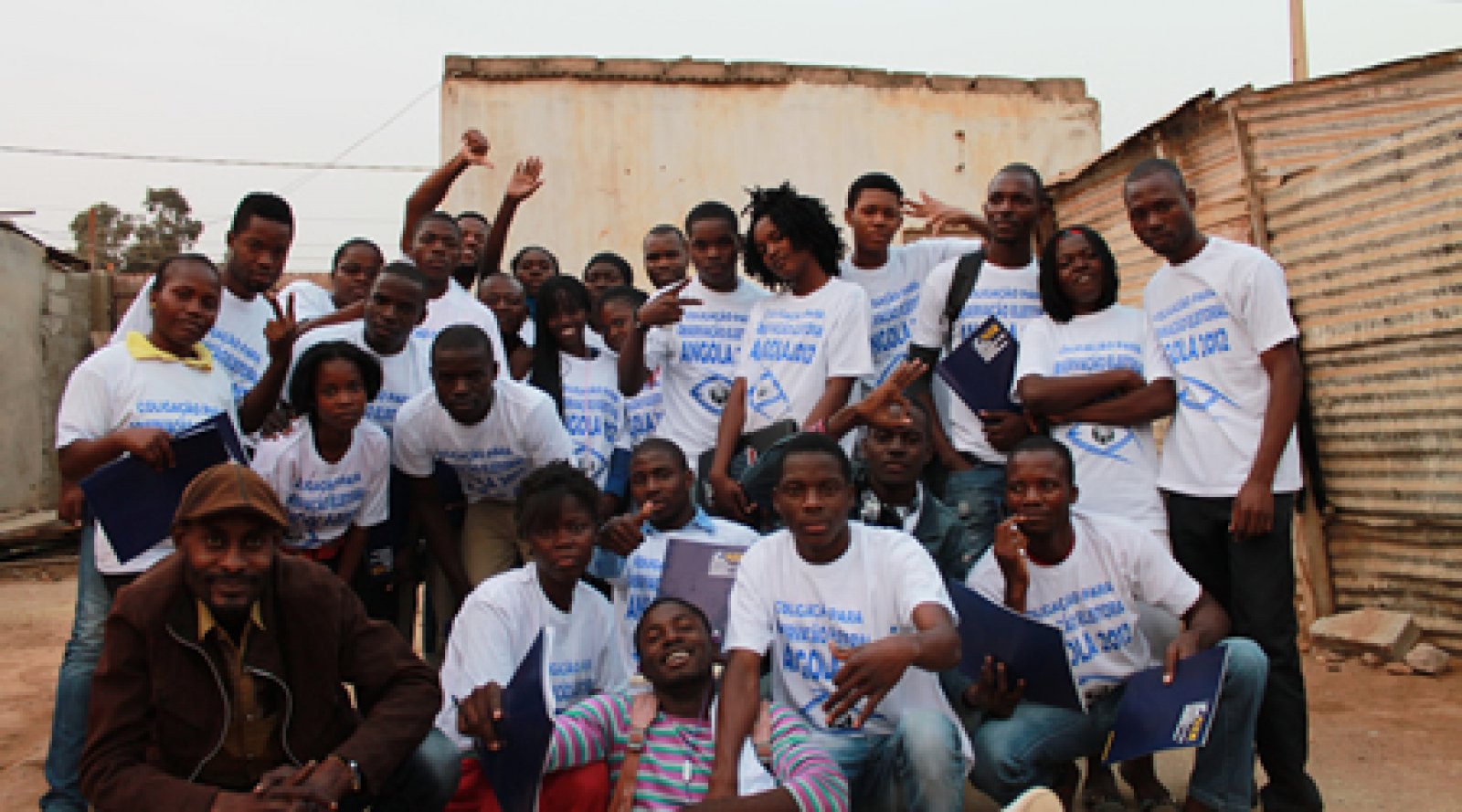
SHARE
While generally free and peaceful, some aspects of the recent general elections in Angola lacked transparency, which undermined the credibility of the electoral process, according to a report by the Coalition for Election Observation (Coligação para Observação Eleitoral, COE).
On Aug. 31, Angola held its second elections since the end of a civil war and the first presidential election in peacetime. Despite the polls’ historical importance, there were few international election observers, and some national observers received funds from the country’s electoral authorities, compromising their independence.
Motivated by a desire to see Angolans participate actively in the electoral process to help ensure transparency and credibility, six local organizations formed COE in June 2012. With assistance from NDI, the groups recruited, trained and deployed 537 domestic nonpartisan observers, covering nine of the country’s 18 provinces, for an independent observation of the general elections.
The National Electoral Commission accredited only 92 of COE’s observers, but the rest of the group decided to monitor the polls anyway. The unaccredited observers were posted outside of polling stations, registering incidents of violence, intimidation or other restrictions to citizens’ right to cast a ballot. All observations were recorded using standardized forms. The organizations then uploaded and aggregated data through an online platform powered by Google that could be shared and analyzed in real time.
The results of the 2012 general elections gave a comfortable victory to the ruling party, the Popular Movement for the Liberation of Angola (MPLA), which won 71.8 percent of the vote and secured a five-year mandate for President Jose Eduardo dos Santos and 175 members of parliament (MPs). Newer opposition parties made significant advances, with the National Union for the Total Independence of Angola (UNITA) winning 18 percent, while the newly-formed Broad Convergence of National Salvation (CASA-CE) took 6 percent nationally and close to 13 percent in the capital Luanda. However, traditional opposition parties such as National Liberation Front of Angola (FNLA) and Social Renewal Party (PRS) lost strength and elected two and three MPs respectively.
Based on the findings from election day and the pre-election period, COE’s 25-page report, issued Oct. 31, covers the official campaigning period, the role of media and the release of election results. The report characterized election day as well-organized and peaceful, but noted uneven media coverage of parties, intimidation of voters and use of state resources during the campaign. Former Angolan Prime Minister Marcolino Moco and Southern African Development Community (SADC) official Augusto Santana participated in the report’s release ceremony and stressed its importance in strengthening civil society’s voice on democratic practices in Angola.
COE expressed concern about serious faults in electoral transparency, such as restrictions and delays in accreditation of political party pollwatchers, as well as domestic, international and diplomatic observers. In addition, the coalition said a significant drop in voter turnout—63 percent, down from 87 percent in 2008—pointed to problems with the voter registration process. The report noted that many voters complained that they were unable to cast a ballot because they were registered at polling stations far from where they lived.
The report recommends changes in the electoral legislation and election management bodies like the National Electoral Commission as Angola prepares for the country’s first municipal elections in 2015. These changes would promote greater public accountability in the voter registration process, stronger voter education campaigns, and more freedom for national and international observers.
Related:
- Political Parties and CSOs Use Lessons Learned to Prepare for Angola Elections»
- Angola Elections Update 2012»
Published Nov. 21, 2012


